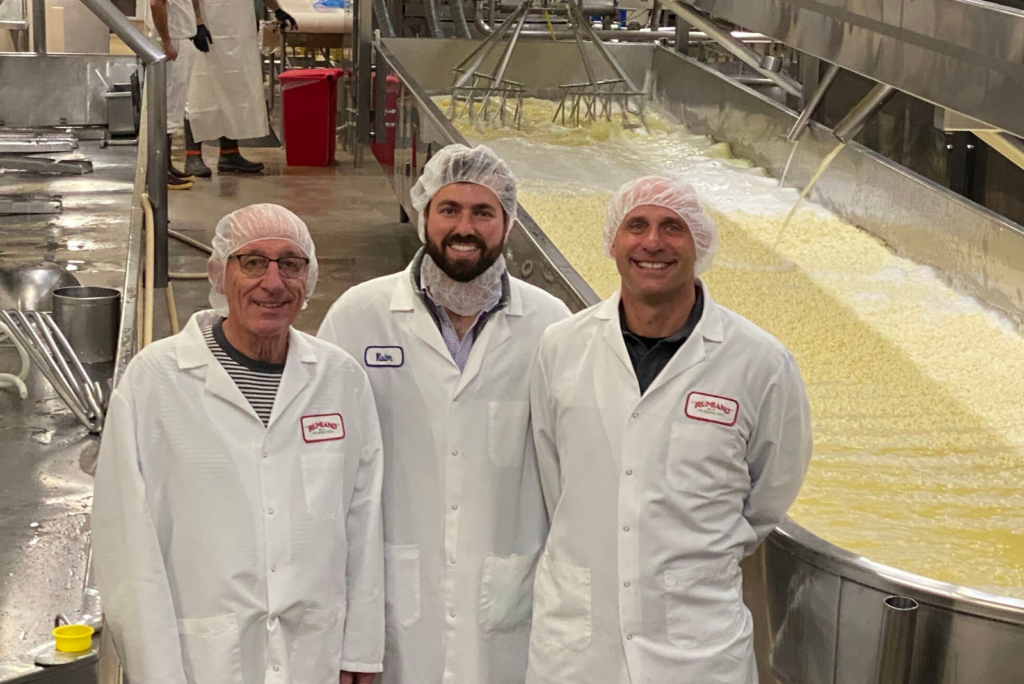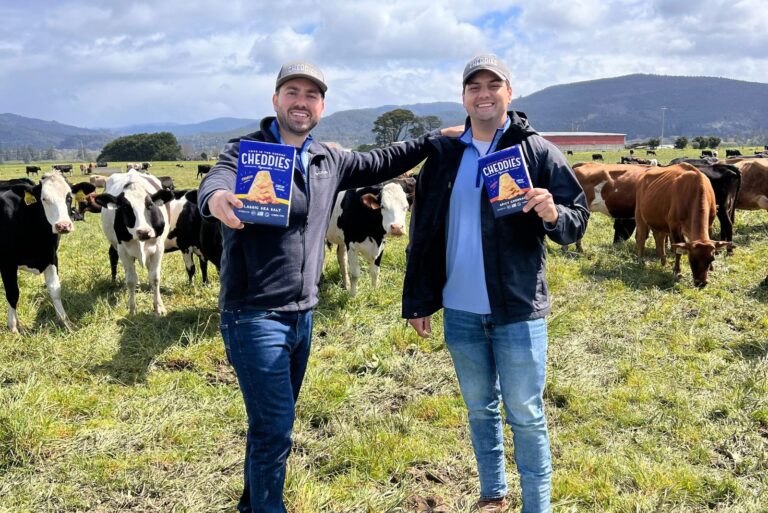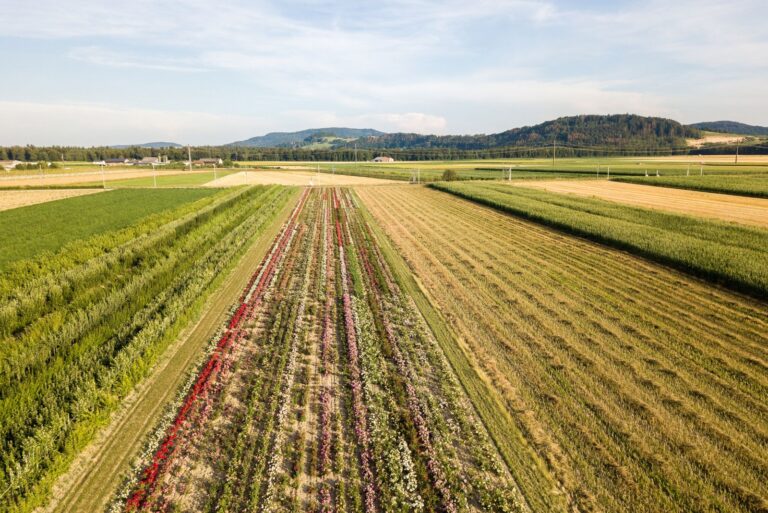SAN ANTONIO, TX — A self-proclaimed “ag head,” Francisco Pergola, CEO of Cheddies, discovered that producing high-quality cheddar called for milk from a dairy that followed regenerative organic farming practices. Francisco and his brother Tomas, co-founder of Cheddies, landed on Alexandre Family Farm in Crescent City, CA, which provides its cows with open pastures to create the best milk possible while also having a positive impact on the environment.
From creation to certification — which included a six-month cheese aging process, obtaining the necessary certifications and paperwork, finalizing business agreements and manufacturing time — it took the Pergola brothers about a year and a half to get the crackers on store shelves. However, the investment of time and research paid off.
Cheddies became the first business to produce regenerative organic cheddar and the first snack company to use it in its product. As a result, the brothers were able to gain traction in the category and appeal to investors, with the regenerative cheddar becoming a major part of the brand’s fundraising story.
“When we did our big seed rounds, we raised more than $3 million,” Francisco said. “A big part of that was showcasing our passion and our enthusiasm for being the first regenerative snack brand on the market and for being two years ahead of our competition.”










